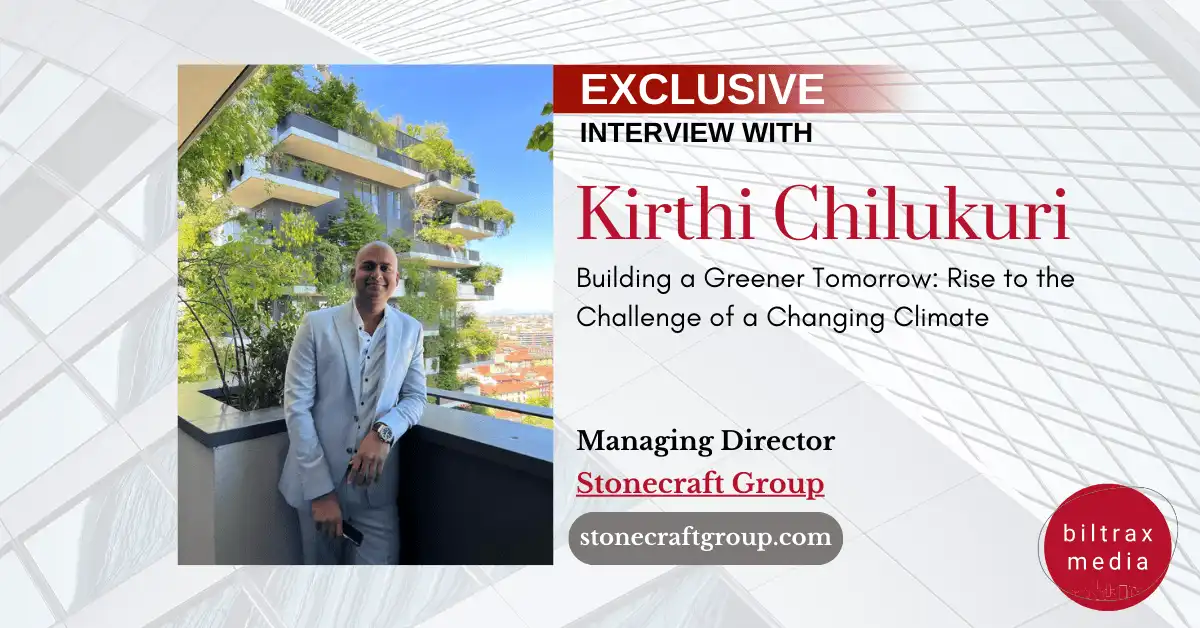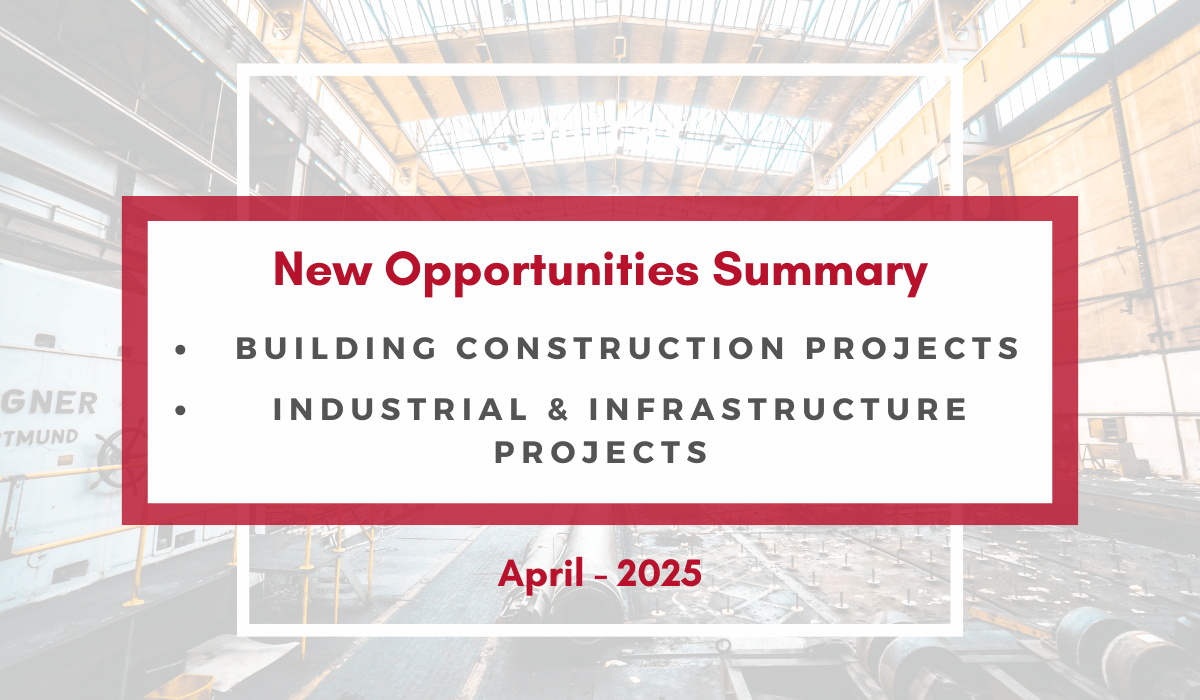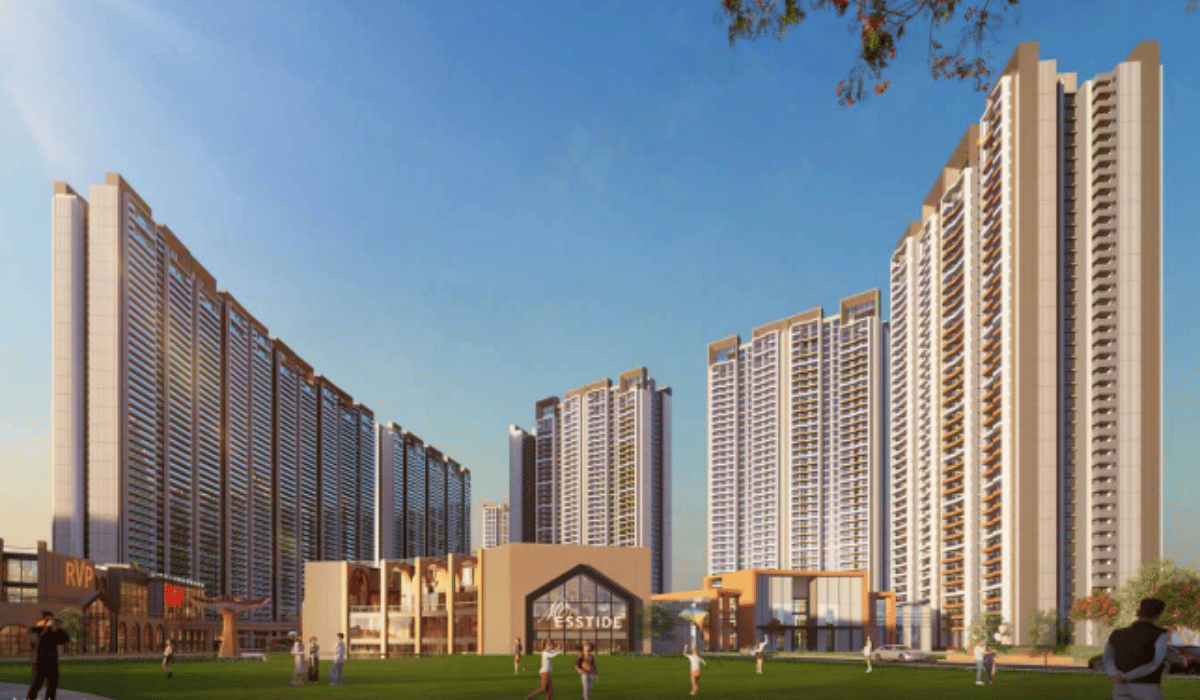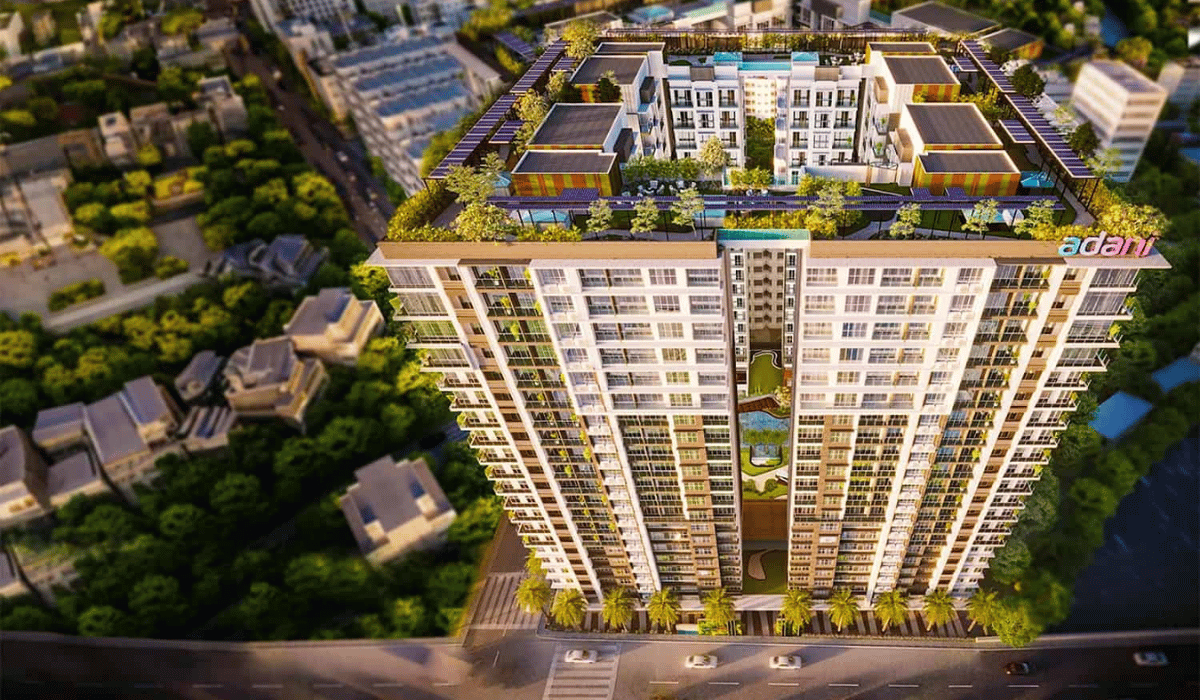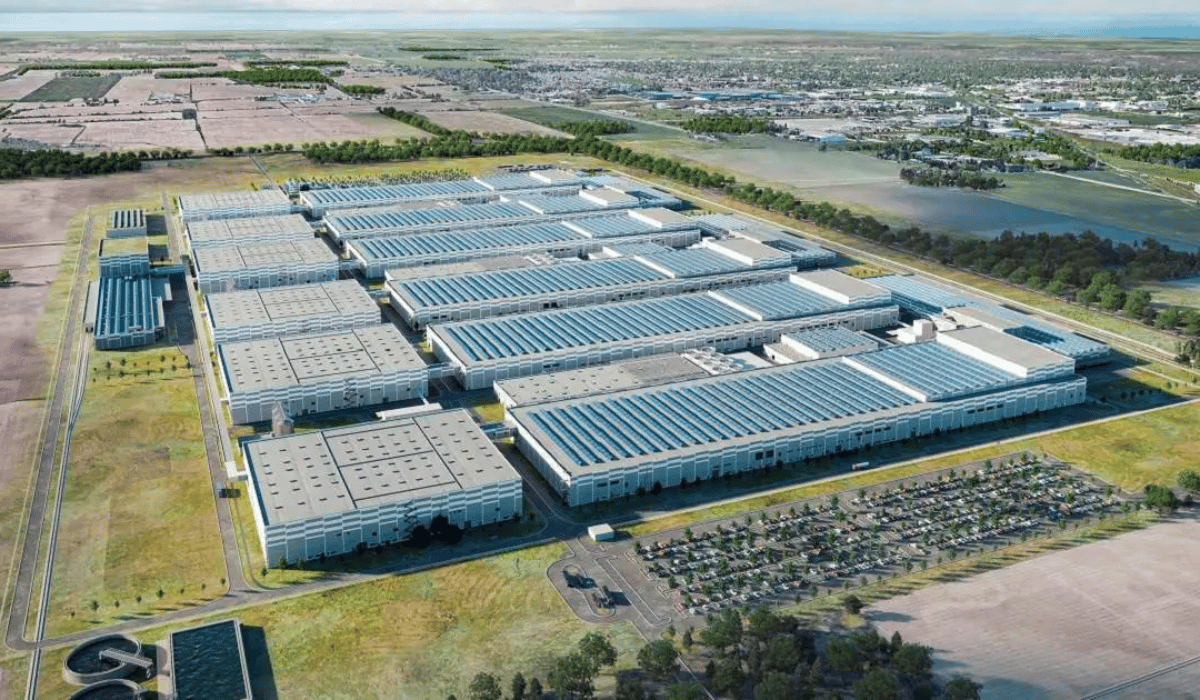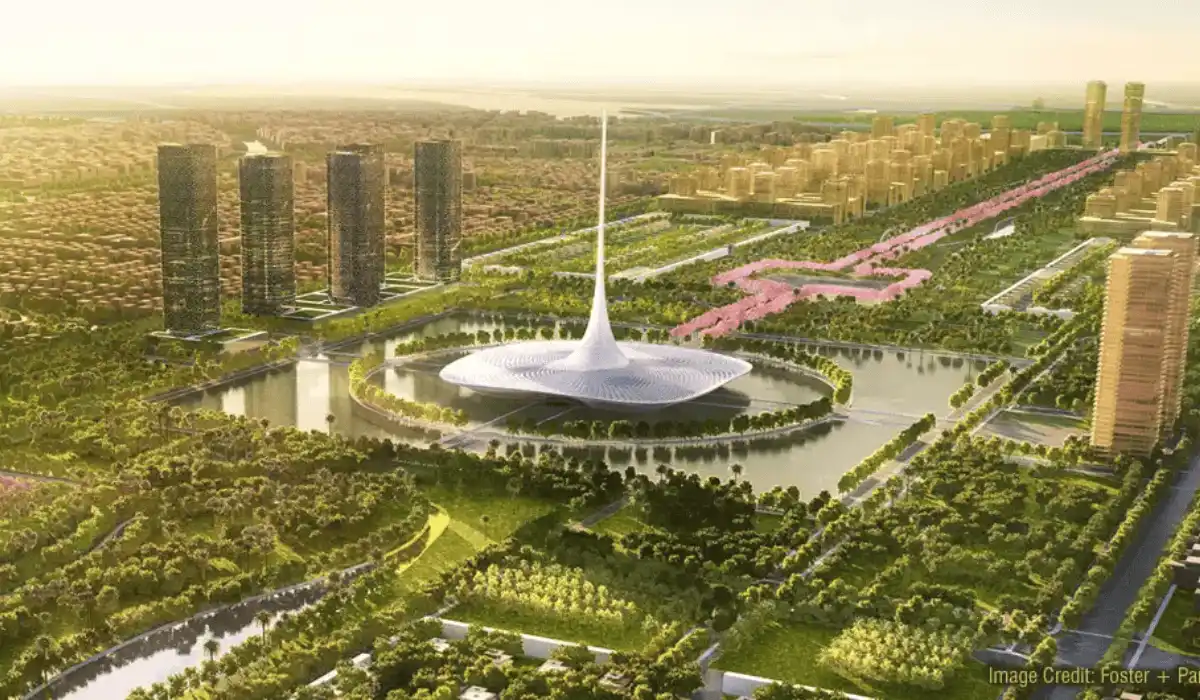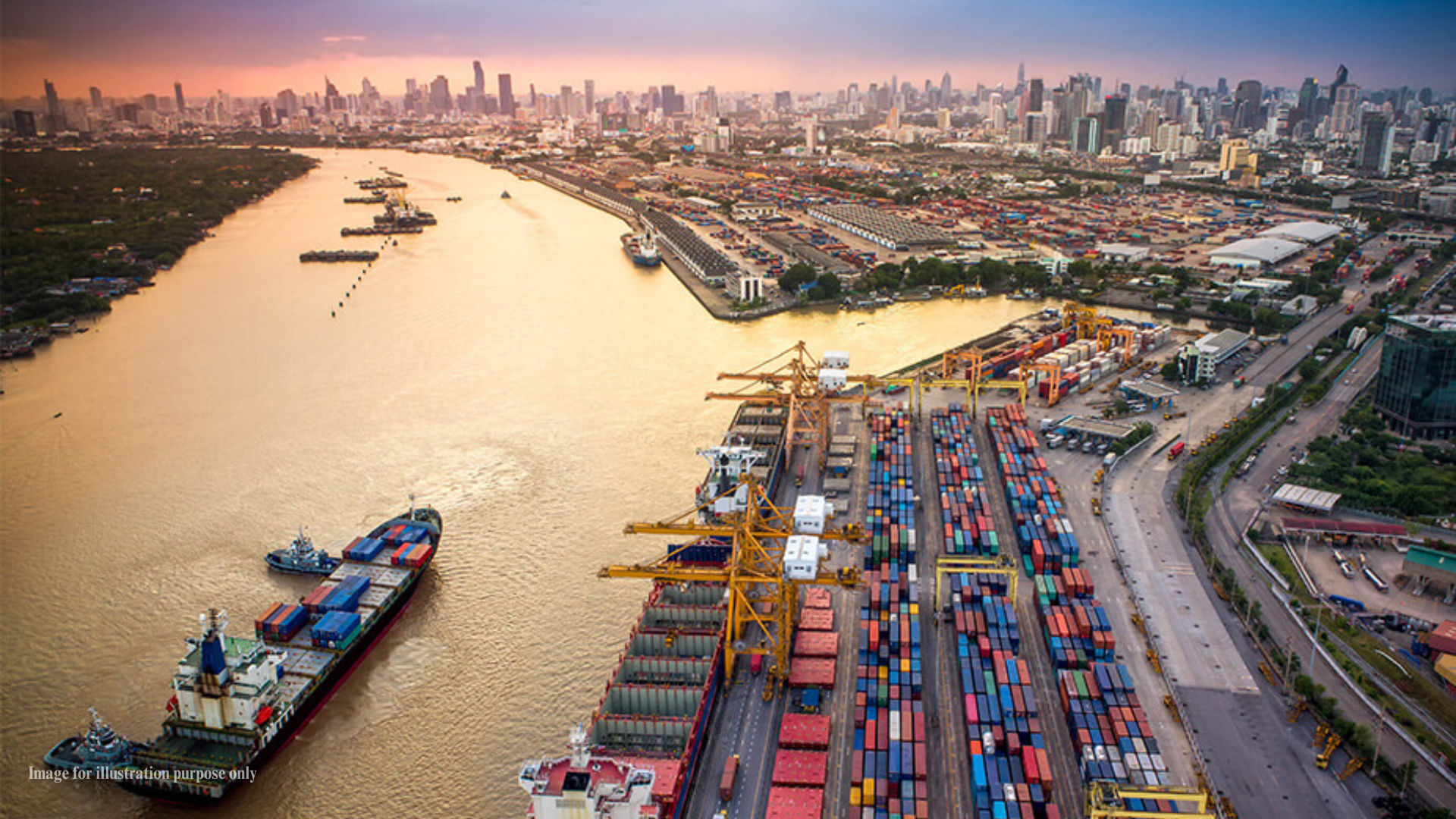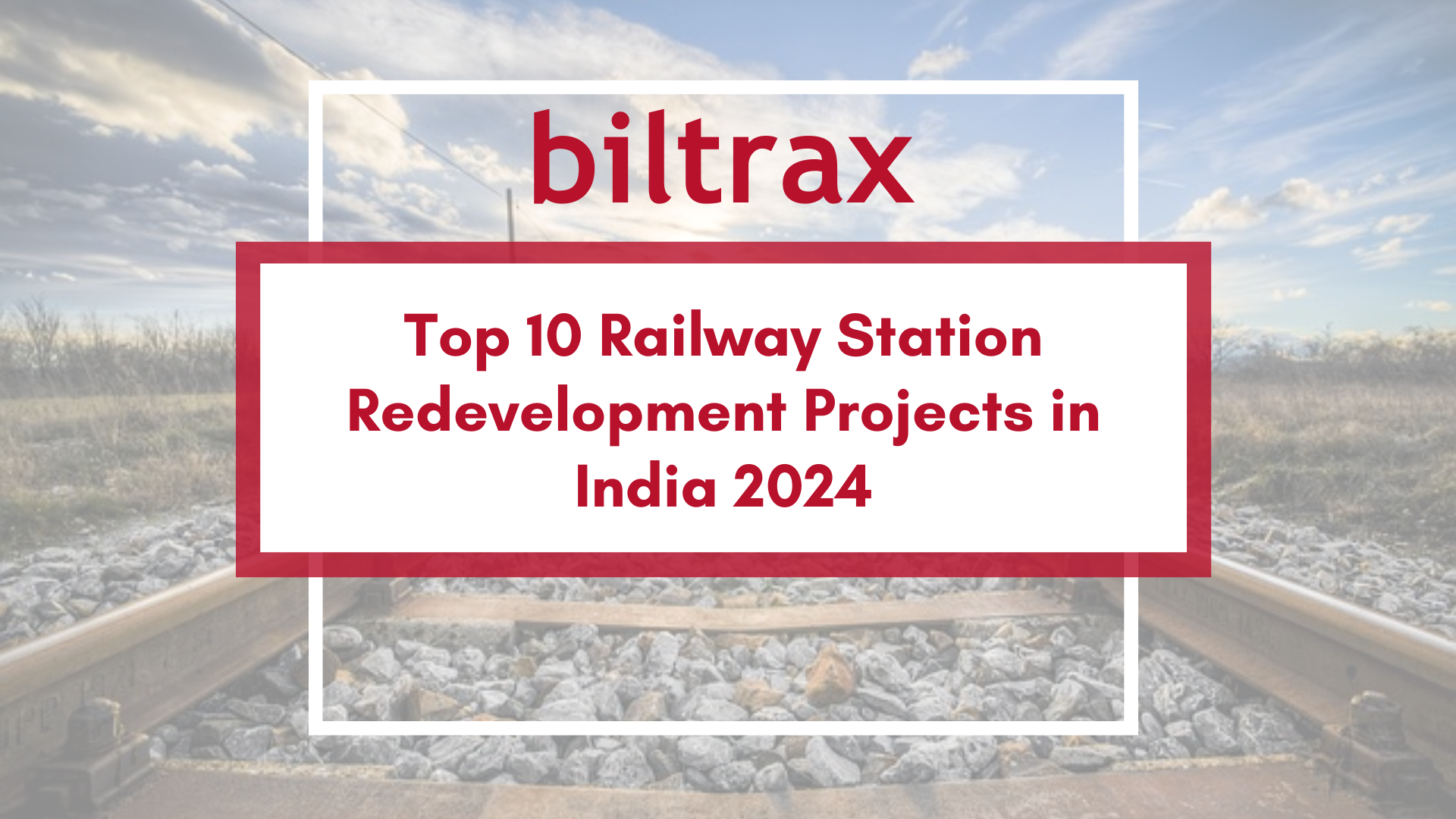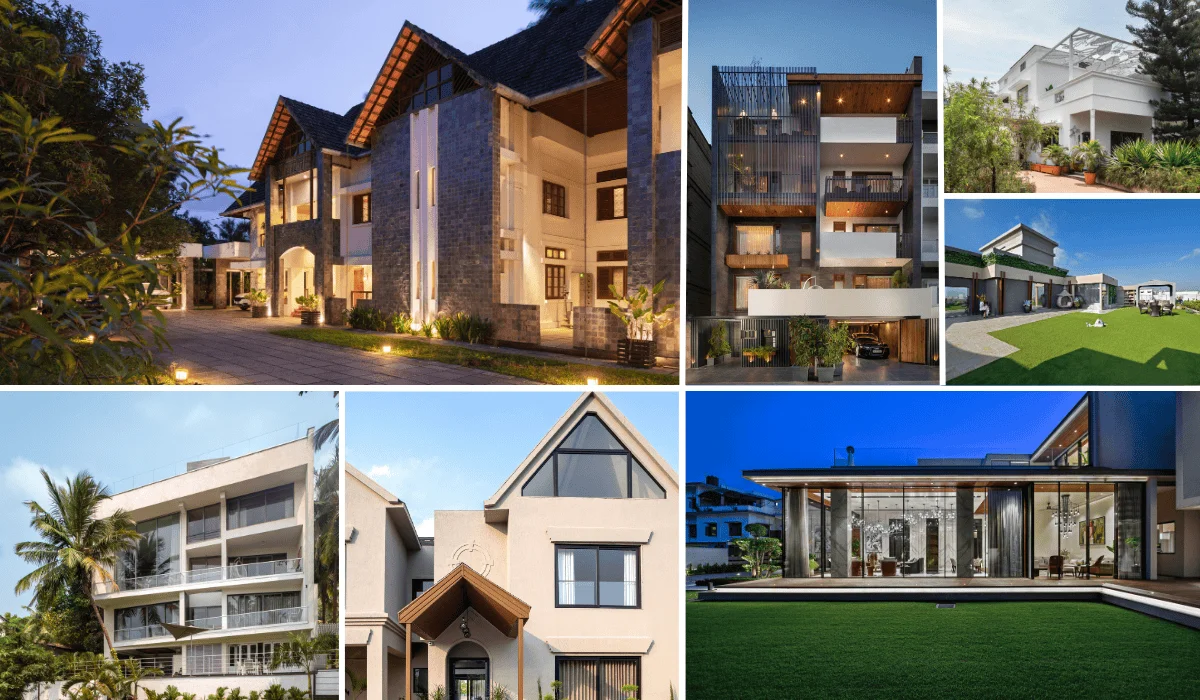In an era where the effects of climate change are becoming increasingly apparent, the imperative for sustainable climate action has never been more critical. The world is confronting unparalleled environmental challenges, including rising global temperatures, extreme weather events, and the degradation of natural ecosystems. These challenges extend beyond environmental concerns, posing significant risks to public health, economic stability, and social equity. The pursuit of a sustainable climate is essential for safeguarding the well-being of current and future generations.
How Human activities Impact on Climate Change
Human activities have been the predominant drivers of climate change, fundamentally altering the Earth’s natural eco- systems. The combustion of fossil fuels for energy, transportation, and industry has released vast amounts of carbon dioxide and other greenhouse gases into the atmosphere, significantly enhancing the greenhouse effect. In addition, widespread deforestation for agriculture, urbanization, and logging has reduced the planet’s capacity to absorb carbon dioxide, further exacerbating the problem.
The consequences of these actions are profound and far-reaching, posing significant threats to food and water safety, displacing vulnerable communities, and straining economic resources. Furthermore, the impacts of climate change are unevenly distributed, with developing nations and marginalized communities disproportionately suffering the consequences, despite contributing the least to the problem. This exacerbation of global inequalities underscores the urgent need for coordinated and equitable climate action to mitigate these effects and protect the most vulnerable population.
Global Efforts for Climate Control
In response to these challenges, Global efforts to combat climate change involve coordinated actions by governments, international organizations, the private sector, and civil society to reduce greenhouse gas emissions, preserve ecosystems, and transition to sustainable energy sources. Key components include international agreements like the Paris Agreement, which commits countries to limit global temperature rise below 2 degrees Celsius, with efforts to limit it to 1.5 degrees and the Kyoto Protocol, which set the stage for global emissions reductions. Efforts also focus on the transition to renewable energy, carbon pricing, and climate financing to support low-emission development in vulnerable nations. Reforestation, conservation initiatives, and technological innovations such as carbon capture and electric vehicles are essential strategies, alongside corporate responsibility through ESG initiatives and public awareness campaigns.
Adaptation strategies are crucial as countries prepare for inevitable climate impacts, such as rising sea levels and extreme weather events. Protecting biodiversity and ecosystems plays a vital role in enhancing resilience and maintaining climate regulation. While significant progress has been made, challenges like differing national priorities, funding gaps, and the need for more ambitious targets continue to hinder efforts. Ongoing global cooperation at all levels is essential to meet climate goals and mitigate the most severe consequences of global warming.
Sustainable Climate Impact on Communities
Sustainable climate initiatives profoundly transform communities by enhancing resilience and elevating quality of life. By advancing practices such as reforestation, the adoption of renewable energy, and sustainable agriculture, these initiatives contribute to local climate stabilization, reduce the incidence of natural disasters, and improve air and water quality. The development of green spaces and the restoration of ecosystems safeguard biodiversity while simultaneously providing communities with cleaner air, moderated temperatures, and healthier living environments.
In addition, sustainable climate actions stimulate economic growth, particularly within green technology, eco-tourism, and sustainable agriculture sectors. These initiatives generate employment opportunities, bolster local economies, and enable communities to actively engage in the global transition toward sustainability. Crucially, by mitigating the impacts of climate change, these efforts protect vulnerable populations, reduce health risks, and enhance community capacity to adapt to future environmental challenges. Ultimately, sustainable climate initiatives foster the development of more resilient, equitable, and prosperous communities, integrating environmental stewardship with social and economic advancement.
Also Read: Writers Retreat, Mumbai | A tryst with Art, Heritage and Modernity
Stonecraft Group’s Commitment through Biophilic Urbanism
The real estate sector, traditionally linked with environmental degradation, holds significant potential to drive sustainability and enhance local ecosystems. Stonecraft Group led by the Brain behind the group, Mr Kirthi Chilukuri (Managing Director) exemplifies his potential through its innovative project, “Woods at Shamshabad,” which features the creation of world’s largest Miyawaki forest. Originally intended for commercial development, this project was reimagined to prioritize environmental restoration, underscoring the role of real estate in promoting ecological balance. The strategic plantation of 450,000 trees using the Miyawaki method—a technique known for rapidly restoring native forests—has led to a remarkable reduction in local temperatures by approximately 3 degrees Celsius, demonstrating the project’s impact on urban microclimates.
Beyond temperature regulation, the “Woods at Shamshabad” has significantly enhanced the environmental quality of the surrounding areas, improving air and water quality, increasing biodiversity, and contributing to a healthier urban ecosystem. The project serves as a benchmark for how real estate can integrate sustainable practices into urban planning, mitigating the sector’s environmental footprint while delivering long-term ecological and social benefits. By transforming an area initially slated for commercial use into a thriving green space, Stonecraft Group not only sets a precedent for sustainable urban development but also highlights the vital role of corporate responsibility in combating climate change and fostering resilient communities.
Impact on Small Communities
Projects like the “Woods at Shamshabad” deliver significant benefits to local communities, demonstrating how sustainable development can enhance both environmental and economic outcomes. By establishing expansive green spaces and improving local climate conditions, these initiatives contribute to an improved quality of life for residents, offering cleaner air, moderated temperatures, and enhanced recreational opportunities. The creation of such projects not only supports biodiversity and ecological resilience but also stimulates local economies through job creation in reforestation, landscaping, and ongoing maintenance.
Furthermore, these initiatives open avenues for eco-tourism and educational opportunities, attracting visitors interested in sustainability and environmental conservation, thus generating additional revenue streams for the community. They serve as living laboratories for demonstrating the value of green infrastructure in urban planning, highlighting how environmental stewardship can coexist with economic viability. By fostering a deeper connection between residents and their environment, projects like the “Woods at Shamshabad” set a compelling example of how integrated, sustainable development practices can drive long-term community resilience, economic growth, and environmental well-being.
Conclusion: Addressing Climate Disruptions Through Thoughtful Development
Addressing the challenges posed by climate change necessitates innovative solutions that strategically balance economic growth with environmental sustainability. The “Woods at Shamshabad” stands as a distinguished example of how real estate developments, initially conceived for commercial objectives, can be reimagined as pivotal environmental assets. This transformation from a traditional business endeavor into an ecological landmark underscores the profound impact of integrating sustainable practices into real estate planning. By creating one of world’s largest Miyawaki forests, the project not only enhances local biodiversity but also actively mitigates the urban heat island effect, reduces carbon emissions, and improves air and water quality.
With strategic foresight and commitment to sustainability, commercial ventures can transcend conventional expectations and deliver substantial environmental and social benefits. Small initiative in large real estate projects like “Woods at Shamshabad” embodies the potential for real estate to serve as a catalyst for positive environmental change, setting a benchmark for the industry. As global communities navigate the escalating impacts of climate change—ranging from extreme weather events to declining urban air quality—such initiatives provide a hopeful blueprint for resilient urban development. They illustrate a crucial pathway forward, where economic imperatives are aligned with the urgent need for environmental stewardship, paving the way for a sustainable and adaptable future.
Also Read: Blending Tradition and Modernity: 5 Architects Redefining India’s Residential Spaces
Stonecraft Group
Website: stonecraftgroup.com/
Instagram: www.instagram.com/stonecraftgroup/

Biltrax Construction Data is tracking 33,000+ projects on their technology platform for their clients.
Get exclusive access to upcoming projects in India with actionable insights. Furthermore, gain a competitive advantage for your products in the Indian Construction Market.
Visit www.biltrax.com or email us at contact@biltrax.com to become a subscriber and generate leads.
Disclaimer: The information herein is based upon information obtained in good faith from sources believed to be reliable. All such information and opinions can be subject to change. Furthermore, The image featured in this article is for representation purposes only. It does not in any way represent the project. If you wish to remove or edit the article, please email editor@biltrax.com.
Discover more from Biltrax Media, A Biltrax Group venture
Subscribe to get the latest posts sent to your email.




